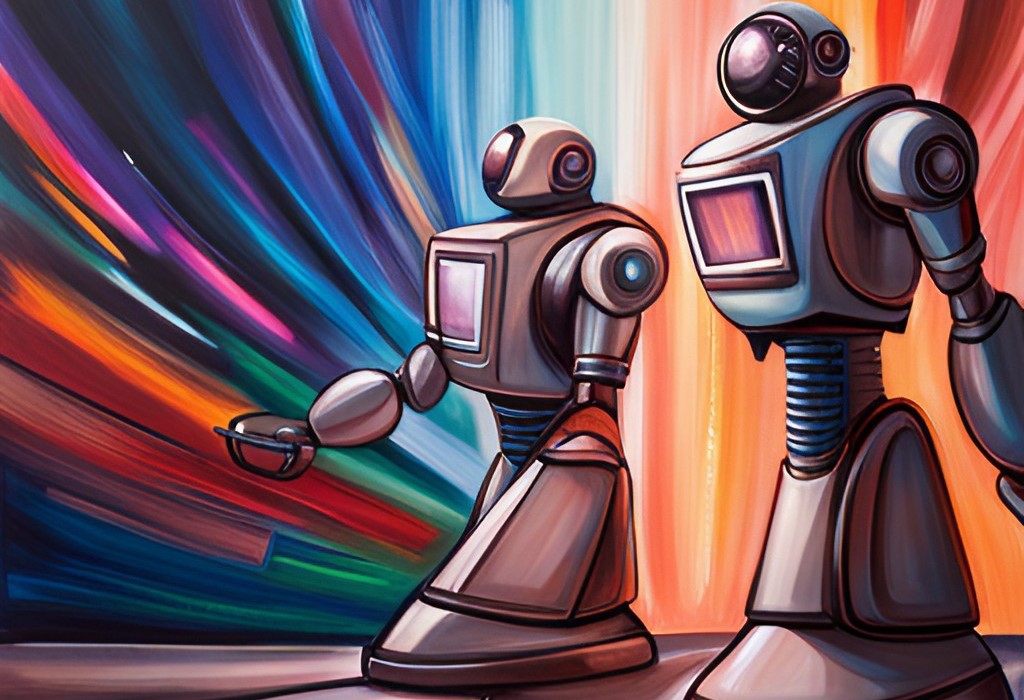Elon Musk recently claimed that AI will take over all our jobs, sparking excitement and concern. If robots dominate the workforce, AI will replace many jobs due to innovation in tech and the lack of need for human emotions. Does this mean the human element will be entirely removed from the workplace? Not quite. Many jobs remain unsuitable for robots. While AI and robotics may reshape the job market, humans will continue to play a crucial role. The rise of AI and automation has sparked fear about the future of work. Musk’s bold statement has many people worried about their jobs. While AI will replace certain tasks and occupations, it doesn’t mean humans will become obsolete. In fact, AI and humans can work together to create a more efficient and productive environment.
The Limitations of AI
One of the main limitations of AI is its lack of emotional intelligence. While AI technology has advanced significantly in recent years, it still struggles with understanding complex emotions and social interactions. This makes certain jobs that require empathy, creativity, and human connection unsuitable for AI. For example, jobs in healthcare, education, and customer service all require a human touch that cannot be replaced by machines.
The Advantages of AI
On the other hand, AI excels at tasks that are repetitive, tedious, or dangerous for humans to perform. This includes data analysis, manufacturing work, and even some aspects of customer service. By automating these tasks, AI can free up human workers to focus on higher-level tasks that require critical thinking, problem-solving, and creativity.
The Benefits of Collaboration
The key to a successful future workforce lies in collaboration between humans and AI. Rather than seeing it as a threat, we should embrace the capabilities of AI and find ways for it to complement human skills. By working together, AI can take over mundane and repetitive tasks, leaving humans to do what they do best – think creatively and make decisions based on emotional intelligence.
Training for the Future
As AI continues to advance and become more integrated into various industries, it is important for individuals to adapt and acquire new skills that will be in demand. This means investing in education and training programs that focus on areas such as data analysis, programming, and human-AI collaboration. By constantly learning and enhancing our skills, we can stay ahead of the curve and thrive in a workforce where AI is an integral part.
Conclusion
AI’s innovation in tech will shape the future of work. Despite limitations, AI can enhance industries, freeing humans for higher-level tasks. Collaboration, education, tech adaptation creates an efficient, innovative workforce. Let’s shape the future by embracing AI-human harmony. Prepare for exciting opportunities ahead in a world of human-AI collaboration. The potential is vast; let’s seize it.
Click here to see a post on the future work prospects for programmers with AI.
You may also like:

